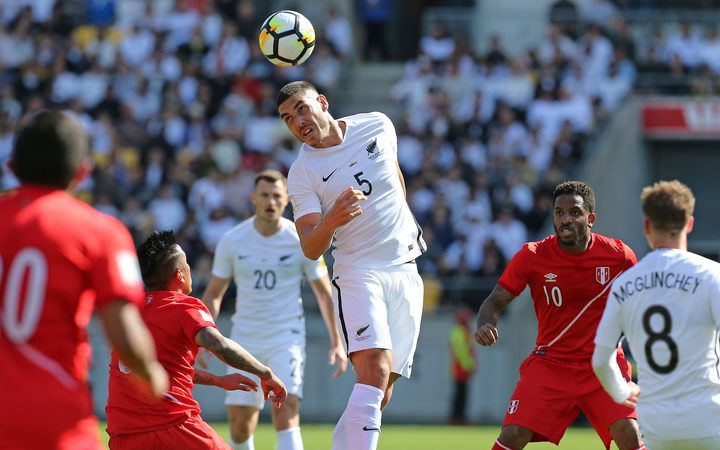Heading the ball in training will be outlawed for children under the age of 12 in Scotland under proposals being considered by the Scottish Football Association after a study found former professionals were at more risk of dementia.
Scotland would become the first European association to ban heading for juniors if the proposals are adopted. The United States has had a similar ban in place since 2015.
It follows last year’s publication of Football’s Influence on Lifelong Health and Dementia Risk (FIELD) study undertaken by Glasgow University and supported by the Scottish FA.
“Since publication of the FIELD study, the Scottish FA has worked closely with the authors of the research… and wider football stakeholders to look at practical steps the national sport in this country can take to minimise risk in the area of head trauma,” a Scottish FA statement said on Thursday.
“Productive discussions have taken place within the auspices of the Scottish FA’s Professional and Non-Professional Game Boards, as well as main board, on proactive, preventative measures with particular focus on younger age groups.
“It is our intention to finalise those proposals with the relevant stakeholders in early course and further details will be announced thereafter.”
The FIELD study assessed the medical records of 7,676 men who played professional football in Scotland, born between 1900 and 1976. It was found that dementia was a factor in the deaths of 11% of the former footballers who had died, compared to around 3% for the socio-demographically matched sample.
The health impacts of heading a ball came to the fore when former West Bromwich Albion striker Jeff Astle became the first British professional footballer confirmed to have died in 2002 from chronic traumatic encephalopathy (CTE), a degenerative brain disease found in individuals with a history of head injury, often as a result of multiple concussions.
Astle’s family launched a foundation in 2015 to raise awareness of brain injury in all forms of sport.
Dr John MacLean, Scotland men’s national team doctor and part of the research team, said that while there is no firm evidence specifically linking heading a ball to degenerative brain disease, a precautionary ban makes sense.
“We can’t wait on the evidence one way or the other on heading,” he said. “We need to take some sensible, pragmatic steps at the moment and that’s largely going to be about trying to reduce that overall burden, the overall times that young players head the ball — and heading in training is much more common than in matches.”
The University of East Anglia has just begun a new study and plans to use cognitive tests on former players for life. Michael Grey, who is leading the UEA research, supports a heading ban.
“It’s not the case that everyone who heads a ball will get dementia,” he said. “Very young children should not be heading the ball at all.”
–Reuters



